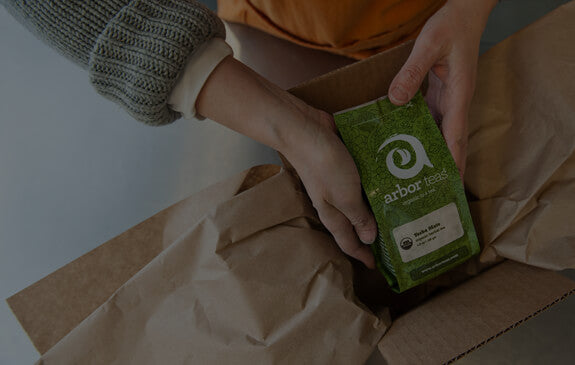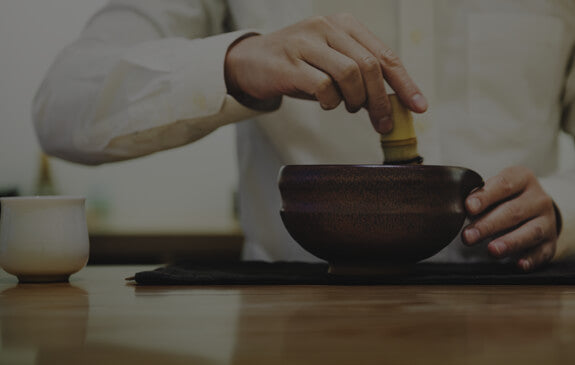
Organic Decaf Tea
Arbor Teas offers one of the Internet's largest selections of loose leaf organic tea and herbs – two thirds of which are Fair Trade Certified®. We rely exclusively on the Carbon Dioxide (CO2) method for all of our decaffeinated organic tea offerings, which include our top selling Decaf English Breakfast and Decaf Green. All our decaffeinated teas feature a hearty leaf that can hold up to the decaffeination process and still pack flavor into each cup, without the caffeine.
-


 View
View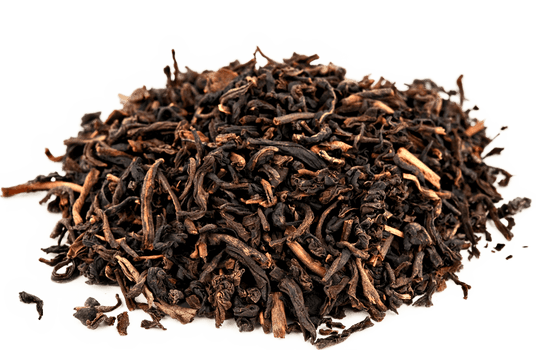 Organic Decaf Earl Grey Black TeaClassic bergamot flavor over a decaf black tea with coppery undertones
Organic Decaf Earl Grey Black TeaClassic bergamot flavor over a decaf black tea with coppery undertones -


 View
View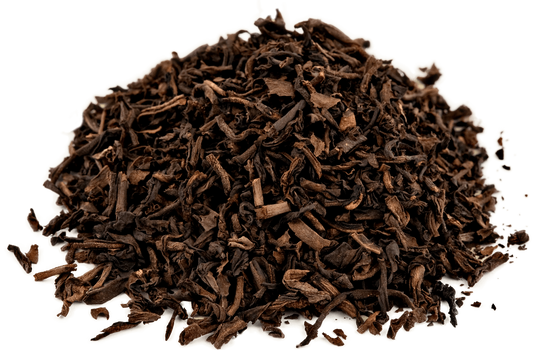 Organic Decaf English Breakfast Black TeaBrisk and full-flavored decaf blend, with lemon and coppery notes
Organic Decaf English Breakfast Black TeaBrisk and full-flavored decaf blend, with lemon and coppery notes -


 View
View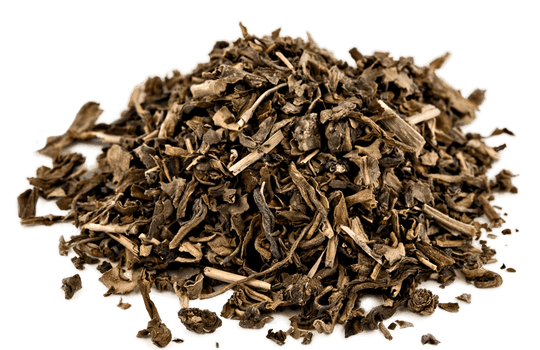 Organic Decaf Green TeaMedium-bodied decaffeinated green tea with notes of spinach, endive, and mineral
Organic Decaf Green TeaMedium-bodied decaffeinated green tea with notes of spinach, endive, and mineral -


 Out of stock
Out of stock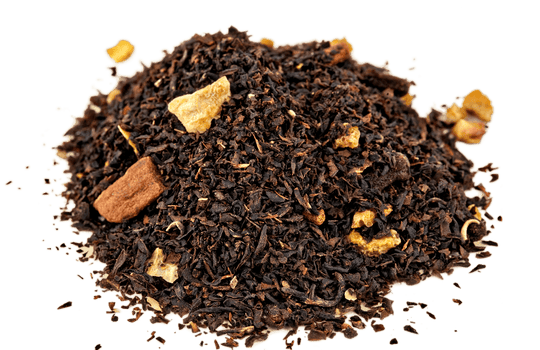
Notify meOrganic Decaf Holiday Spice Black TeaGenerous doses of orange, cinnamon and clove make this a decaf holiday favorite -


 View
View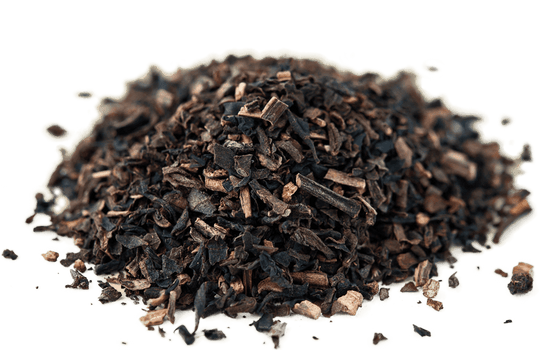 Organic Decaf Iced Black TeaHearty North Indian tea that makes for a quick infusion without the caffeine
Organic Decaf Iced Black TeaHearty North Indian tea that makes for a quick infusion without the caffeine -


 Out of stock
Out of stock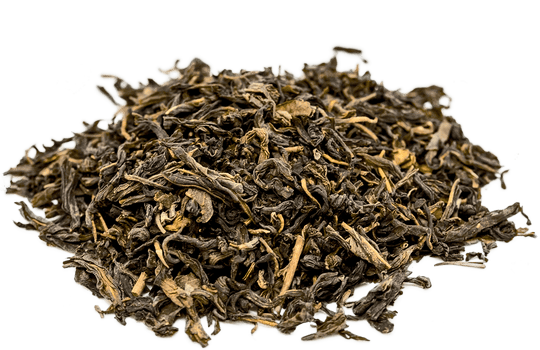
Notify meOrganic Decaf Jasmine Green TeaRare Find! Premium decaf green tea scented with floral jasmine aroma -


 View
View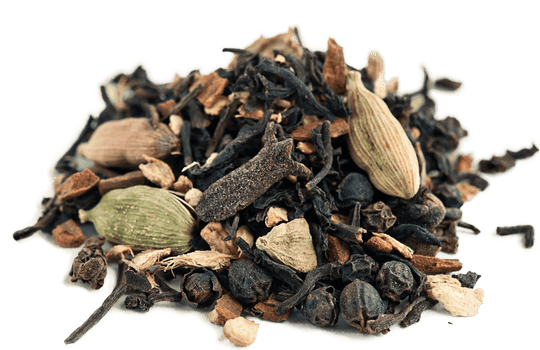 Organic Decaf Masala Chai Black TeaSpicy and warming with pepper, clove and ginger followed by a cardamom finish
Organic Decaf Masala Chai Black TeaSpicy and warming with pepper, clove and ginger followed by a cardamom finish -


 View
View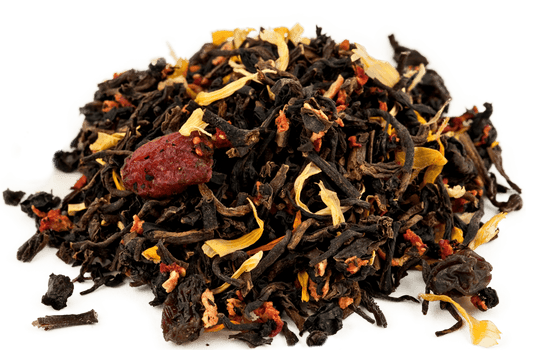 Organic Decaf Mixed Berry Black TeaA medley of fruity berry flavors with a light decaf coppery base
Organic Decaf Mixed Berry Black TeaA medley of fruity berry flavors with a light decaf coppery base -


 Out of stock
Out of stock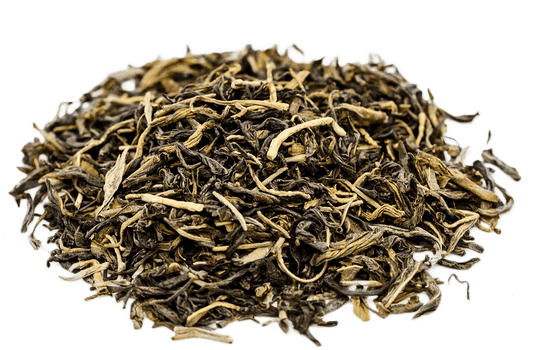
Notify meOrganic Decaf Premium Green TeaLight-bodied decaffeinated green tea with a rich vegetal flavor -


 View
View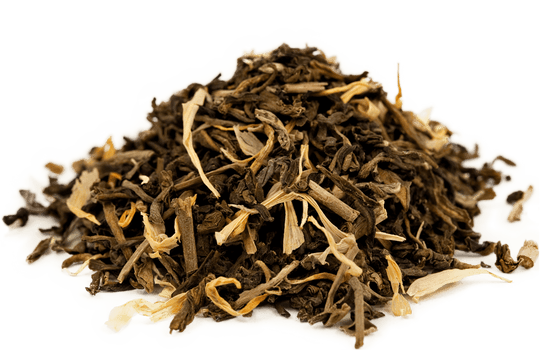 Organic Decaf Tropical Green TeaMango and papaya notes complement a light vegetal decaf green tea base
Organic Decaf Tropical Green TeaMango and papaya notes complement a light vegetal decaf green tea base
-
CARBON DIOXIDE (CO2) DECAFFEINATED TEA
Arbor Teas exclusively uses the Carbon Dioxide (CO2) method for all of our decaf organic tea offerings. We feel that this is the safest form of decaffeination, while retaining the greatest flavor and health benefits. According to research conducted by tea "technologist" Nigel Melican, tea decaffeinated using the CO2 method retains 92 percent of its polyphenols (the healthy stuff!) compared to tea decaffeinated using the ethyl acetate process, which only retains 18 percent. Learn more about decaffeination methods.
-
CAFFEINE-FREE VS DECAFFEINATED
The term “decaffeinated” is quite different from “caffeine free,” “Decaffeinated” refers to a product that originally contained caffeine and then underwent a process to remove most of its caffeine content. “Caffeine-free,” on the other hand, refers to a product that never contained caffeine in the first place. Please note: decaffeinated tea is NOT caffeine-free, and actually retains a small amount of caffeine. All of our organic herbal teas are naturally caffeine-free (with the exception of yerba mate and yaupon).
-
TEA DECAFFEINATION AT HOME — DOES IT REALLY WORK?
We used to think that the majority of tea's caffeine was released in the first 45 seconds to one minute of steeping. With this understanding, we believed that one could extract much of the caffeine contained in tea by using a quick decaffeination technique at home. Unfortunately, new research released by tea “technologist” Nigel Melican has debunked this theory and suggests that only 20% of the caffeine is removed, instead of 80% as we previously thought. However, if you need a way to lower your caffeine intake in a pinch, consider using this at-home decaffeination method to reduce the caffeine in your cup.
